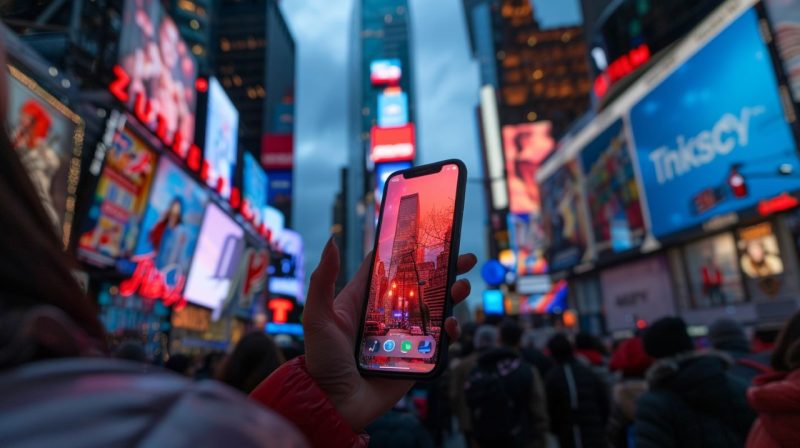
TikTok has initiated legal action against the United States government to contest the Protecting Americans from Foreign Adversary Controlled Applications Act, which mandates the sale of the app by its Chinese parent company, ByteDance.
The Federal Standoff: National Security vs. Corporate Rights
TikTok has entered into a significant legal confrontation with the U.S. government, stemming from an executive order that threatens to shut down its operations across the nation under the pretext of national security. The social media giant has been at pains to demonstrate its commitment to the American market by employing U.S. staff, storing data within the United States and Singapore, and maintaining a rigorous separation of its data from its Chinese parent company, ByteDance. Despite these efforts, TikTok asserts that its contributions and safety measures have been disregarded by the U.S. administration. This has prompted TikTok to file a lawsuit, claiming the executive order disregards the extensive measures taken to protect its platform from foreign interference.
The Montana Case: A State-Level Microcosm
Adding to its federal challenges, TikTok is also embroiled in a legal dispute in Montana. The state has enacted a law that outright bans the operation of TikTok within its borders, marking it as the first such state-level legislation in the U.S. This law not only prohibits the use of TikTok but also imposes severe financial penalties for any violations, with potential fines reaching up to $10,000 per day. TikTok’s lawsuit against Montana argues that the ban infringes on free speech rights and oversteps state jurisdiction, encroaching on areas typically reserved for federal governance concerning national security.
Broader Implications for the Tech Industry
These legal confrontations are not merely about one company’s right to operate but reflect wider tensions between national security concerns and the rights of digital platforms under U.S. law. The outcomes of TikTok’s legal battles could set precedents affecting how foreign-owned technology firms can function in the U.S., balancing operational freedom with security mandates.
Moreover, the situation with TikTok raises critical questions about the limits of state power in regulating online platforms, particularly when such actions touch on global digital rights and the principles of free expression. These cases underscore ongoing debates within the U.S. about the extent of state versus federal authority in managing national security while respecting constitutional liberties.
As TikTok continues to defend its platform against what it perceives as overreaching government actions, the tech industry at large watches closely. The resolutions to these legal battles will likely influence future U.S. policy on technology and international trade, especially in how it manages the intersection of privacy, security, and global digital commerce.
